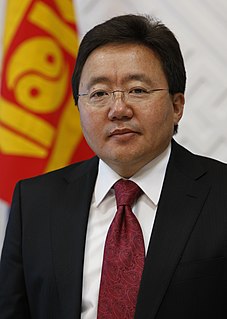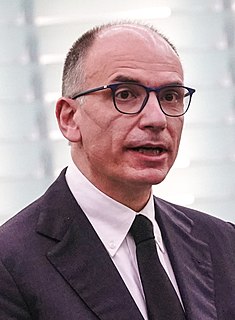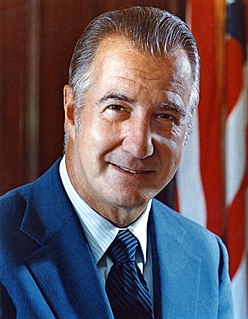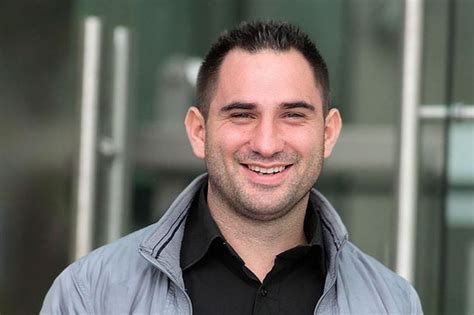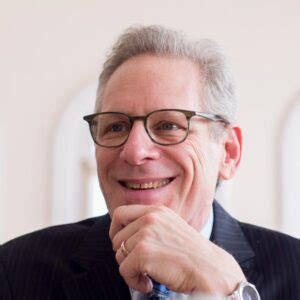A Quote by Bilawal Bhutto Zardari
The court can, and must, only maintain its legitimacy through the dispensation of justice, not by coercion and censorship.
Quote Topics
Related Quotes
Self-censorship happens not only in China, or Iran or ex-Soviet places. It can happen anywhere. If an artist penetrates a certain taboo or a certain power through their work, he or she will face this problem. I'm always saying that commercial censorship is our foremost censorship globally today. Why do we still pretend we are free?
A chief justice's authority is really quite limited, and the dynamic among all the justices is going to affect whether he can accomplish much or not. There is this convention of referring to the Taney Court, the Marshall Court, the Fuller Court, but a chief justice has the same vote that everyone else has.
I am not asking for government censorship or any other kind of censorship. I am asking whether a kind of censorship already exists when the news that forty million Americans receive each night is determined by a handful of men responsible only to their corporate employers and filtered through a handful of commentators who admit to their own set of biases.
We often imagine that the court serves as a sort of neutral umpire controlling the warring political branches. But this is mostly myth. The justices of the Supreme Court are themselves actors in the struggle for power, and when they intervene, they think carefully about how their decisions will affect the court's own legitimacy and authority.

